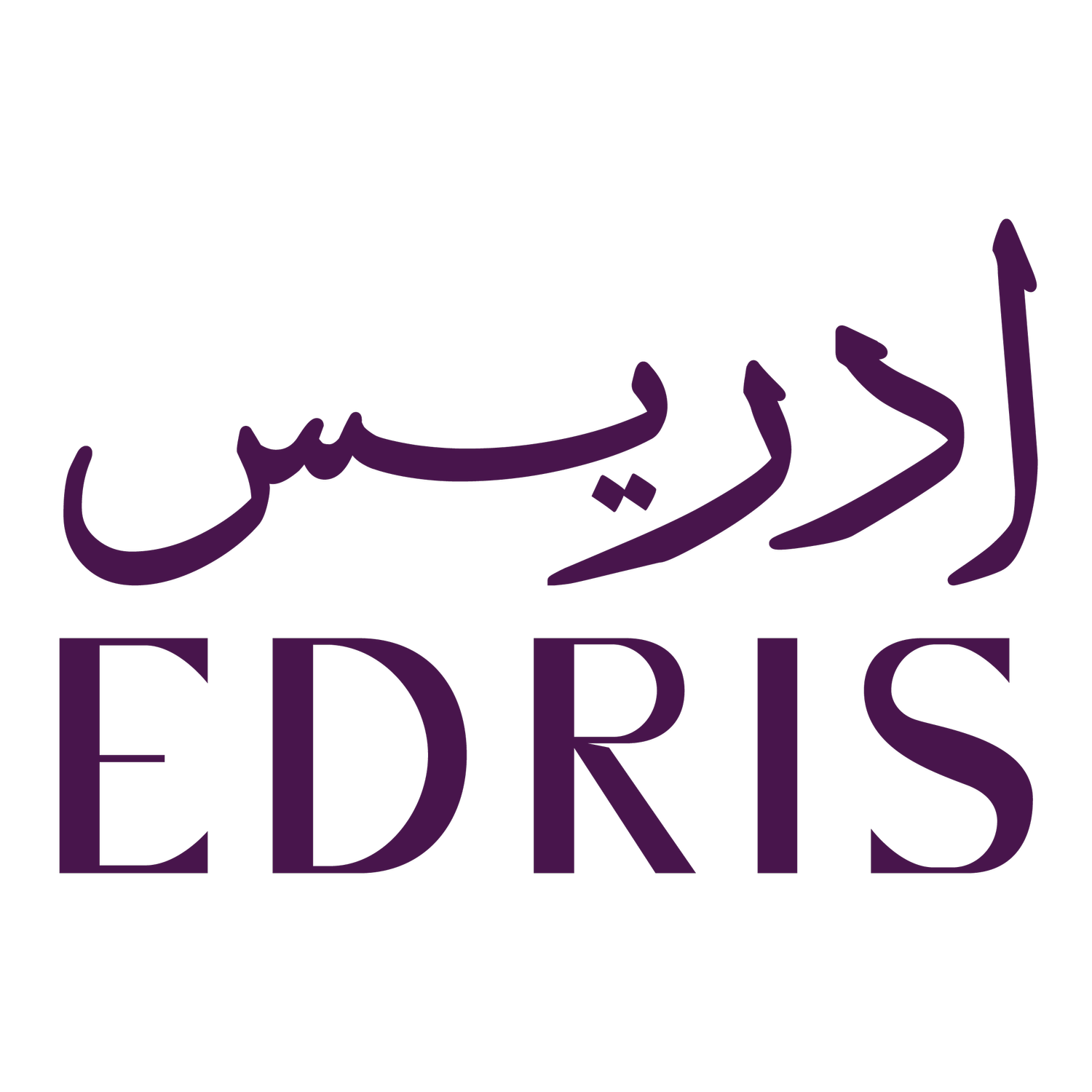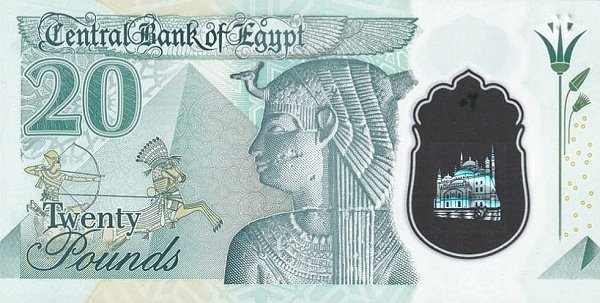
Our Purpose: Empower Egypt’s Economy.
The Story behind the name, Edris
Prior to his reign, Prince Fuad had no chance of becoming King of Egypt, due to two prominent family members being ahead of him in the line of succession. One day, Edris, a servant of the royal family, told Prince Fuad about his vivid dream that Fuad would become Egypt’s future king. Fuad laughed since he thought it would be impossible and promised Edris that if he were to become king, he’d put Edris’s face on the first Egyptian bank note instead of his. Life took its turns and Fuad became King of Egypt. During his reign, he fulfilled his promise to Edris.
At the time, the Egyptian pound was stronger than the British Pound and US Dollar. Edris’s story has formed our vision:
Achieving the impossible to deflate the pound to what it used to be, one of the strongest currencies in the world.
To achieve the impossible, we have to do things differently… very differently.
Cash will no longer make you king.
Edris will.
The cash-heavy based economy of Egypt has been harmful for the country’s financial well-being: it gives way to an increasing large informal sector that is unaccounted for, promotes inflation, and remains hard to regulate. All of these elements have impacted the public’s well-being negatively. Edris approaches the economy differently, with a mentality that has been long awaited but hasn’t happened before: implementing a cashless economy.
For every economic problem Egypt faces, Edris presents a win-win-win solution.
Protection: Private Investors Win
-
According to multiple reliable international sources, Egypt's public finances are weak and debt sustainability is at risk, judged as being speculative and a hard to do business with. For the locals, the current tools provided by banks have been deemed unreliable. Only in recent times has the fintech bubble began to grow and better services emerged.
All of these factors have made both the global and local investor community lose confidence.
-
Edris has brought in technology that was built on international-standards to serve the public. The tools being provided are at-par with the tools provided by the largest banks in the United States. Being a private entity registered in Switzerland and headquartered in New York, our clients have full control over their finances and the total freedom to manage their money. We respect our client’s decisions and protect their assets with the highest caliber of security.
Regulation: Public Sector Win
-
While Egypt does have a taxation system that does place taxes on imports and income, the informal sector remains large at 62.5% of the national economy, with 85% of the small and medium-sized enterprises being informal. The wide-spread use of cash-based transactions makes it tough for the government to regulate it.
When a nation cannot collect taxes, consequences ranging from budget deficits to financial crises erupt.
-
Edris documents every transaction made with the Edris card and Edris hardware revolving the new cashless economy it supervises. When we say everything, we mean it, whether you’re buying a single olive from a vegetable market in Upper Egypt or purchasing a multi-million pound property in New Cairo; Edris will record the transaction and automatically collect the respective tax on the commodity, that will be delivered efficiently to the government.
This hassle-free, efficient form of taxation will empower the republic to collect taxes effortlessly, shrink the informal sector efficiently, and demolish the black market easily. All of these elements will allow Egypt to continue developing its infrastructure and grow its economy.
Deflation: People Win
-
The price of goods and services has increased drastically over the past year and the Egyptian people have been vocal about it. With the Egyptian pound devaluing and the country relying on imports, the prices had to go up. In an attempt to manage the economic situation, more ccash money was printed. The increase of money supply directly causes inflation.
-
Once Edris cards have been passed out to the entire population and the hardware is provided to all entities, there will no longer be a need for cash. Gradually the cash will be taken out of circulation and the economy will become easier to manage/regulate. This will all lead to deflation, restore the value of the Egyptian pound and boost the purchasing power of Egyptians. Eventually, prices of goods will also decrease and citizens will be able to enjoy a more comfortable life.
“Great idea, but this will never work in Egypt.”
While many might be skeptical about the concept working successfully in Egypt, our research tells us otherwise and our approach boosts the chances. The country with the most advanced cashless economy would be China, which started its cashless journey around 2003. The factors needed to implement a successful cashless economy were tougher for China to work with at the time, with the concept being newer, the odds were against them. However, Egypt has all the factors needed and an advantage in being a smaller (easier to work with) population and landscape, with all the technologies and tools already existing, it will defintely be possible to implement.







